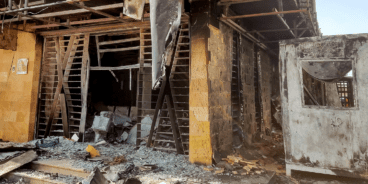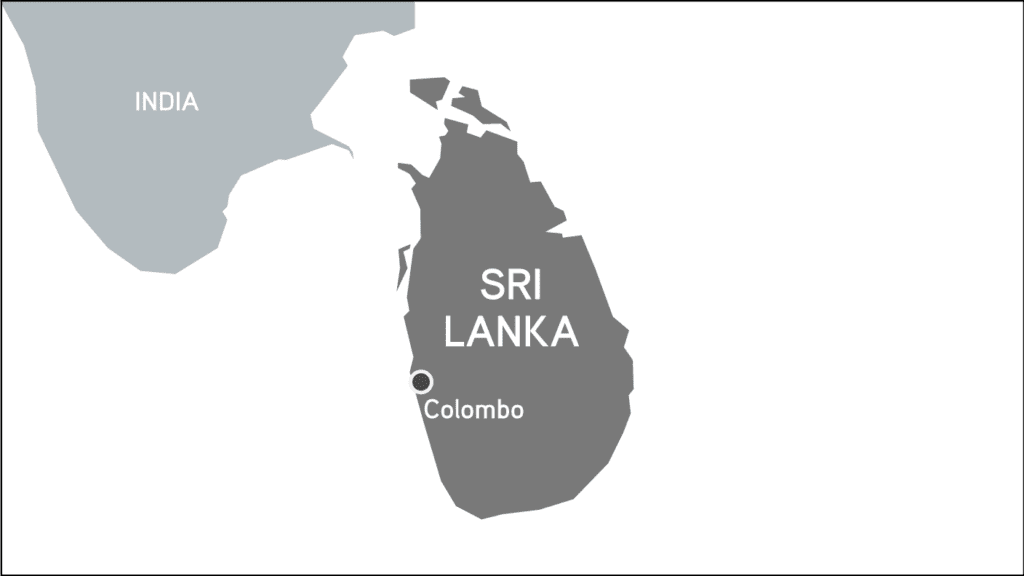
Sri Lanka
A lack of accountability for war crimes and other atrocities committed during Sri Lanka’s long civil war continues to hamper reconstruction and reconciliation efforts.
From January until May 2009 the government of Sri Lanka intensified efforts to militarily defeat the Liberation Tigers of Tamil Eelam (LTTE), who had been fighting for an independent Tamil homeland since 1983. Civilians in the northeast of the country, trapped between the LTTE and the Sri Lankan government’s armed forces, faced war crimes and crimes against humanity perpetrated by both sides. The LTTE placed armed fighters amongst civilians, shot at those who tried to flee, and relied upon forced conscription to its forces.
The Sri Lankan army, meanwhile, used heavy artillery and aerial bombardment in densely populated civilian areas and was widely accused of extrajudicial killings and sexual violence. The civilian death toll resulting from the Army’s final offensive against the LTTE is estimated at 40,000 people.
Since 2009, calls for accountability for war crimes and crimes against humanity remain unanswered. It took the government nine years to set up an Office of Missing Persons to investigate the unexplained disappearances of thousands of people during the civil war.
Recent targeted attacks against Sri Lanka’s Muslim population, which constitutes approximately nine percent of Sri Lanka’s multi-ethnic and multi-religious population, have raised fears of a return to conflict and instability in the country. Tensions between the Sinhalese Buddhist majority and the minority Muslim community have increased since 2009. During February 2018 violence between Sinhalese and Muslim communities escalated, prompting the government declared a state of emergency.
Targeting of the Muslim minority escalated further during 2019 following a series of coordinated bombings targeting churches and luxury hotels on Easter Sunday. The attacks claimed over 250 lives and injured another 500. A local militant Islamist group known as National Thowheed Jamath was blamed for the attacks. Hate speech and the actions of Buddhist extremists has resulted in mob violence targeted attacks on Muslim communities, especially in the Western and North Western provinces. Government authorities implemented a number of emergency measures in the wake of the attacks that appeared to target Muslim populations and detained hundreds of people under counterterrorism laws.
Related Content


Atrocity Alert No. 352: Sudan, Afghanistan and International Day for Countering Hate Speech


